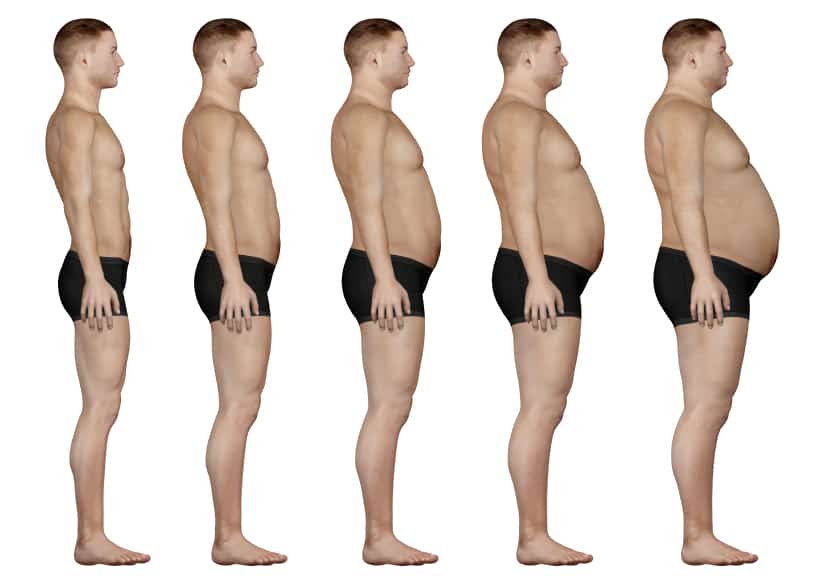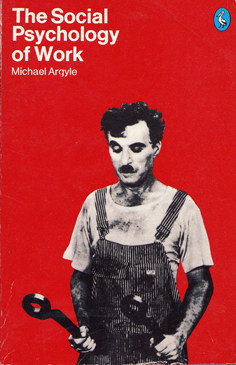On 15 March 2010, the Australian Government congratulated the winners of, and participants in, the 2009–10 National Work–Life Balance Awards.
According to a media release from the Department of Education, Employment and Workplace Relations:
“The Awards…. recognise family friendly practices like flexible working hours, options for working from home, paid parental leave, job sharing, onsite carer’s facilities and study assistance.”
“No direct OHS performance indicators were included in the judging criteria for the 2009-10 National Work-LIfe Balance Awards.” Continue reading “OHS awards consider work/life balance but not vice versa”


 In February 2010, the New York Times ran an
In February 2010, the New York Times ran an